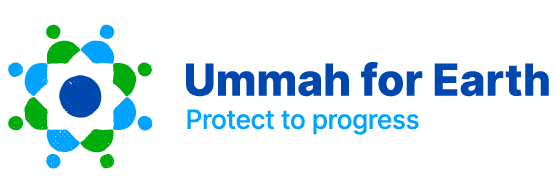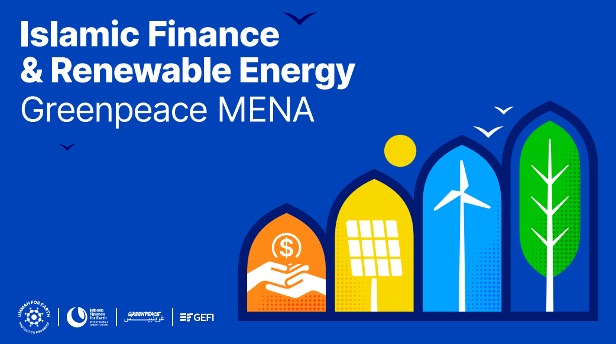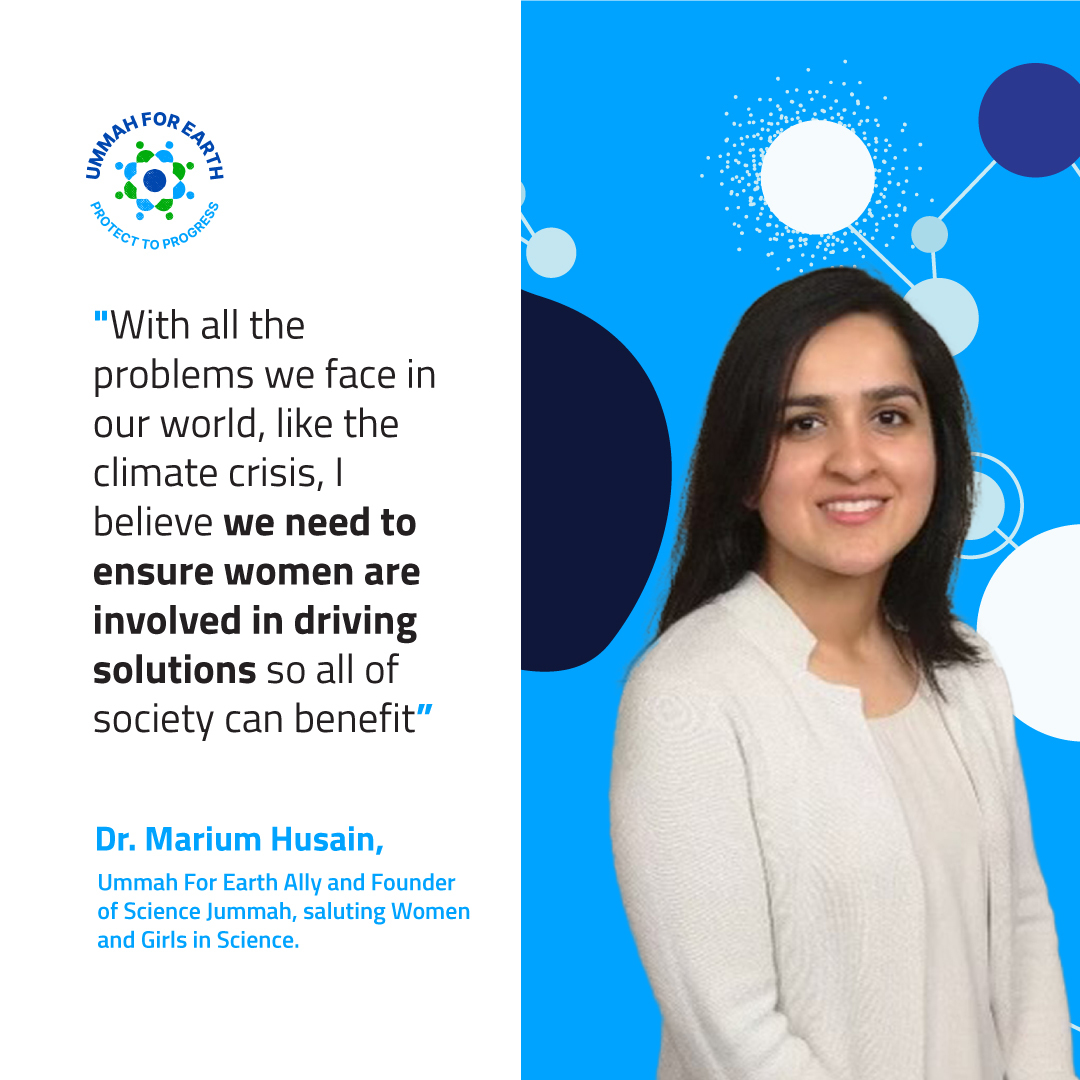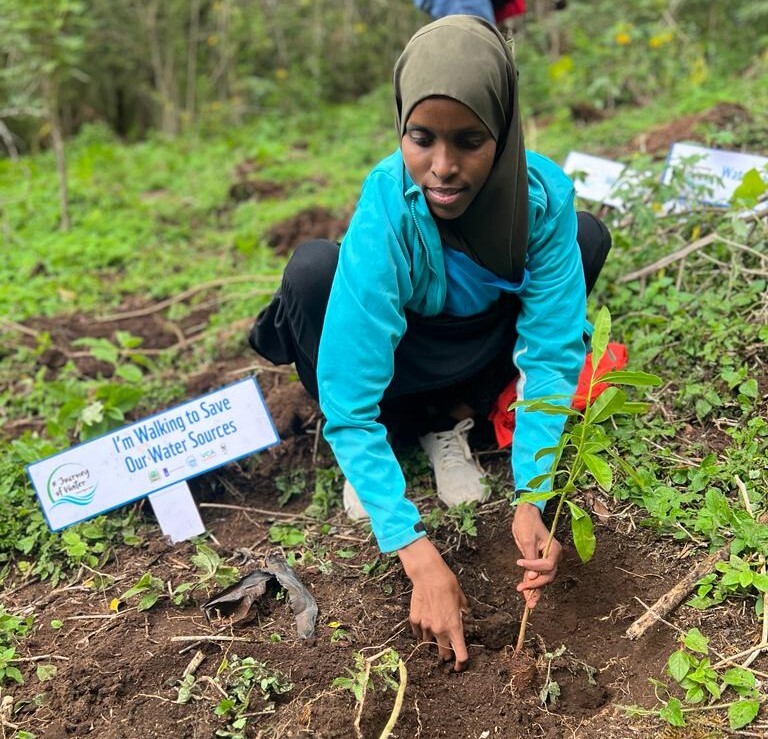While deserts define much of the Middle East and North Africa (MENA) landscape, the region’s three vital seas—the Mediterranean, Red Sea, and Arabian/Persian Gulf—face mounting threats from climate change, pollution, and unsustainable development. As the UN Ocean Conference (UNOC3) approaches this June in Nice, MENA nations have a strategic opportunity to leverage Islamic financial principles as innovative solutions for marine conservation and sustainability.
The Ocean Crisis: Urgent Action Required
The evidence is undeniable: our oceans face unprecedented challenges. An estimated 12 million metric tons of plastic enter our oceans annually—equivalent to a truckload of trash every minute, according to Greenpeace USA. The latest IPCC report warns that without immediate intervention, marine ecosystems could collapse within decades. Meanwhile, the Global Ocean Treaty awaits sufficient ratifications, and the global 30×30 target—protecting 30% of the ocean by 2030—remains severely underfunded.
Our oceans regulate climate, provide livelihoods for billions, and sustain extraordinary biodiversity. Yet as Greenpeace International have documented, a small number of powerful corporations and governments are plundering these shared ecosystems for profit, threatening marine life worldwide. Beyond established threats like plastic pollution and overfishing, emerging dangers such as deep-sea mining pose potentially catastrophic risks to fragile ocean habitats.
Despite ambitious pledges, traditional funding mechanisms have failed to adequately address marine conservation needs. The ocean sector is vastly underfunded, with an annual requirement of $175 billion to protect it, yet only $30 billion has been allocated since 2010. Within the MENA region, less than 5% of climate finance flows toward ocean-related projects, creating a critical funding gap.
Islamic finance—projected to reach $8 trillion globally by 2030—presents an alternative funding approach with ethical imperatives at its core. By moving beyond conventional profit-maximization models toward values-based financial stewardship, Islamic finance offers both the scale and moral framework needed to transform our relationship with the seas.
Islamic Finance: A Natural Framework for Ocean Stewardship
Islamic finance offers distinctive approaches to marine conservation through principles inherently aligned with ecological integrity:
- Al-Mizan (balance): This Qur’anic principle recognizes divinely established ecological equilibrium, calling for economic systems that respect rather than disrupt the oceans’ natural balance.
- Tayyib (wholesomeness): Extending beyond merely permissible (halal) to emphasize what actively promotes purity and benefit, tayyib demands investments that restore ocean health rather than simply avoiding harm.
- Hima (protected sanctuaries): This 1,400-year-old Islamic conservation designation provides a culturally resonant framework for marine protected areas, balancing ecosystem preservation with community needs.
- Non-extraction: By prohibiting excessive uncertainty (gharar) and interest (riba), Islamic finance opposes extractive economic models, treating marine resources as perpetual trusts rather than commodities to exploit.
Five Key Actions to Catalyze Islamic Finance for Ocean Conservation
In the lead up to UNOC3, the Blue Economy and Finance Forum will convene global leaders to mobilize sustainable investments for ocean conservation. To transform these principles into tangible marine protection across the MENA region, we propose five strategic initiatives that align Islamic financial mechanisms with urgent ocean conservation needs:
1. Develop Blue Sukuk Specifically for Marine Conservation
The projected $8 trillion Islamic finance market by 2030 represents an extraordinary opportunity to address ocean conservation at scale. This rapidly growing sector, guided by principles of ethical investment and prohibition of exploitation, could direct significant capital toward marine restoration through specialized instruments like blue sukuk. By leveraging this expanding financial ecosystem, Islamic banks could fund regenerative ocean projects across multiple marine environments—from mangrove restoration and sustainable fisheries to coral rehabilitation and plastic pollution reduction. Such investments would demonstrate how faith-aligned finance can lead global efforts in protecting our oceans while providing stable, ethical returns that satisfy both Shariah requirements and environmental imperatives.
The potential in the MENA region is significant. In December 2024, DP World issued the world’s first MENA Blue Bond—a $100 million instrument to fund sustainable projects across marine transportation, port infrastructure, pollution reduction, and water initiatives.
2. Revive the Ocean Waqf Model
Waqf (Islamic endowment) represents one of Islamic finance’s most innovative contributions to sustainable development. This centuries-old institution designates assets for the benefit of communities or specific causes. In Indonesia, Waqf Based Forests demonstrate how this model can be applied to environmental conservation through land rehabilitation.
MENA nations could establish “Ocean Waqf” institutions with permanent endowments dedicated to marine protection. These could function as self-sustaining funding mechanisms for marine protected areas, using income-generating activities that respect ecological boundaries. The traditional waqf structure—which has historically maintained public infrastructure for centuries—offers an ideal template for funding conservation efforts that must persist across generations.
3. Implement the Hima System for Marine Protected Areas
The hima system—a traditional Islamic conservation designation—demonstrates the remarkable effectiveness of faith-based approaches to marine protection. The Misali Island Marine Conservation Area in Zanzibar offers a compelling case study: when conventional environmental regulations failed to stop destructive fishing, a unique project combined local Islamic beliefs with economic benefits to conserve the island’s natural resources.
The results were remarkable—a study showed that while only 34 percent of fishermen initially thought Islam related to their use of marine resources, this number rose to 66 percent after the project’s implementation.
By grounding marine conservation in Islamic principles of stewardship and sustainability, these protected areas would gain cultural legitimacy and religious authority that purely secular designations often lack. This approach could complement and strengthen the implementation of the 30×30 ocean protection target by ensuring community buy-in and sustainable enforcement mechanisms.
4. Align Islamic Banking Standards with Blue Wellbeing Economy Principles
The rapidly expanding Islamic finance sector can transform how we value ocean resources by embedding ecological regeneration into financial decisions.
This approach resonates with the “blue moral economy” framework advocated by Faiths for UNOC3, which positions ecological regeneration—not merely conservation—as the central economic goal. A blue wellbeing economy built on Islamic principles would recognize multiple forms of ocean value beyond extraction—cultural significance, ecological functions, and intergenerational heritage. This reframes marine investment decisions around sufficiency (ensuring enough for all) rather than maximization (extracting as much as possible), aligning perfectly with Islamic concepts of balance and moderation.
Islamic finance’s asset-backed transaction requirement creates natural alignment with tangible marine restoration projects.
Sukuk bonds for mangrove rehabilitation, mudarabah partnerships for sustainable fishing cooperatives, and waqf endowments for marine protected areas offer ready-made frameworks to transform the region’s relationship with its seas—putting Islamic principles of stewardship into practical economic action. With global ESG investments projected to reach $50 trillion in 2025, Blue Sukuk could attract significant international capital while maintaining competitive returns, positioning MENA financial institutions at the forefront of the rapidly growing sustainable finance market. This convergence of Islamic finance principles with global sustainability trends creates a compelling business case for financial institutions to pioneer ocean-focused investment vehicles.
5. Transform Zakat and Sadaqah into Ocean Action
The region’s annual charitable giving through zakat (obligatory alms) and sadaqah (voluntary charity) represents billions of dollars. Creating dedicated ocean conservation funds eligible for these contributions could rapidly scale community-based marine protection, aligning with regional strategies such as Saudi Arabia’s Vision 2030 sustainability goals and the UAE’s various Blue Economy Strategies.
Programs connecting coastal cleanup to religious practice—like Zanzibar’s successful Islamic marine conservation initiatives—demonstrate how spiritual values translate into environmental action. Regional governments should integrate Islamic finance mechanisms into their national ocean strategies, establishing regulatory frameworks that recognize marine conservation as zakat-eligible and providing tax incentives for ocean-directed sadaqah.
These programs could specifically target the plastic crisis, mobilizing community efforts to reduce the flow of plastic into our oceans while advocating for systemic change in packaging and waste management. By embedding Islamic finance principles within national marine policies, MENA countries can demonstrate global leadership in faith-aligned conservation financing ahead of the 2030 sustainability targets.
A Call to Ocean Stewardship
The transition facing the MENA region extends beyond fossil fuels—it calls us to renew our covenant with the Mediterranean, Red Sea, and Gulf that have sustained our civilizations for millennia.
The Quran speaks directly to our current ecological crisis: “Corruption has appeared on land and sea because of what the hands of people have earned, so He may let them taste part of [the consequence of] what they have done, that perhaps they will return [to righteousness]” (Quran 30:41).
This warning reminds us that environmental degradation stems from human choices—and can be reversed through conscious action.
Our actions today will determine whether future generations inherit thriving marine ecosystems or depleted waters. The financial tools described here offer practical pathways to transform our relationship with the seas—from exploitation to regeneration, from consumption to stewardship, from taking to giving back.The waters that have always sustained us now call for our protection. Through Islamic finance, we can answer a multi-faith call—not merely avoiding harm but actively healing and restoring our sacred seas for all creation.



